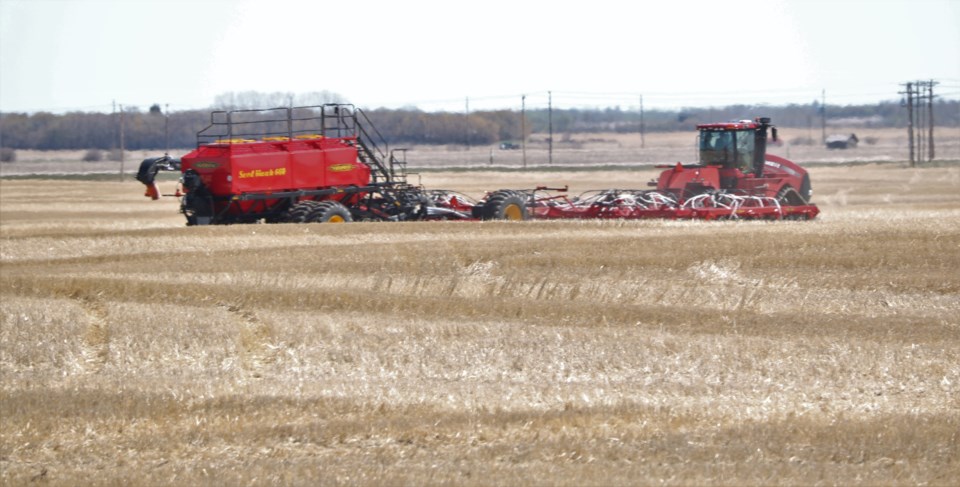YORKTON - Bill C-234 has passed in the Senate which should have agriculture producers celebrating.
But, alas the Senate in its collective wisdom as a duly elected – oh waited they are not elected are they – had to make changes.
Now to be fair the Senate is supposed to be a mechanism of sober second thought on Bills, but that role has increasingly rang hollow as those sitting in the Senate are appointed to well-paying positions of surprising power free of the scrutiny of an unhappy electorate. It’s highly unsatisfying the Senate can monkey with legislation put forward by the representatives elected by the people.
So with Bill C-234 farmers will find a significantly watered down creation – one that also sets out some definite losers too.
Bill C-234, an Act to amend the Greenhouse Gas Pollution Pricing Act, was put forward to exempt natural gas and propane used on farms from the federal carbon tax.
Now as has been written here exemptions to things such as government Bills will always be applauded by some and questioned by others – generally those who are not gaining the advantage of the exemption.
In this case, if the carbon tax has value – and yes that is a matter of great debate – but if it has merit it stands to reason all should pay.
But, then again in the case of agriculture we are looking at the primary business which feeds to populace and ensuring farms remain viable is crucial.
So let’s accept in this case the exemption proposed had merit.
Alas however Senate has significantly weakened what Bill-234 will provide.
In the Senate it was amended twice to remove barns and greenhouses from a carbon pricing exemption clause and to shorten the sunset period of the exemption for propane and natural gas used in grain drying from eight years to three.
Both changes are massive in nature.
Three years instead of eight dramatically changes the planning a producer will need to undertake, and of course the time to adjust budgets to implement any changes they wish to make in response to the sooner to arrive carbon tax costs.
If you raise livestock in a barn – pigs and poultry – or run a greenhouse it’s immediate crunch time.
Now there are scenarios here which may well impact not just the producers but consumers too.
Those producers who have some control of the sale price of what is produced in their barn or greenhouse will pass the carbon tax on and that means the consumer pays, and food prices are already high.
Of course rare is the producer who controls the price he receives.
So the carbon tax will be another cost that has to be worked into budget sans a corresponding increase in returns. It may well mean shuttering some barns and greenhouses and that would mean an increased reliance on food imports which means lost jobs and a loss of some of our food sufficiency as a nation too.
Ultimately, this one feels like meddling by unelected Senators content to leave some farmers as losers and the rest as slightly better off losers.






